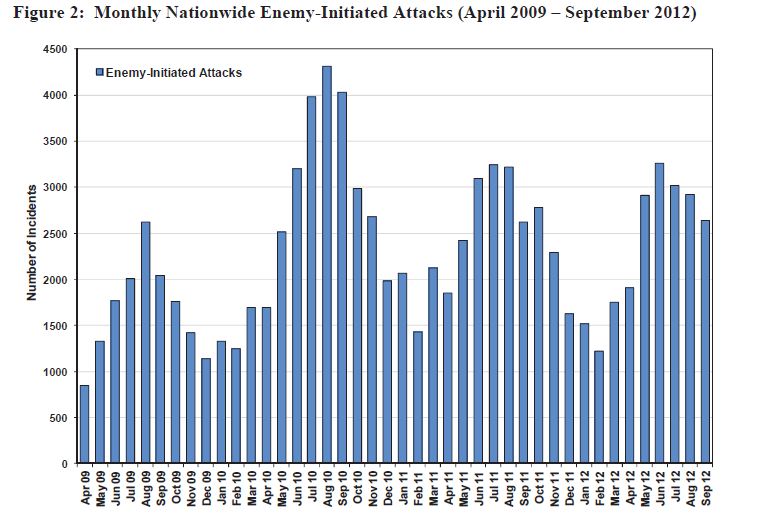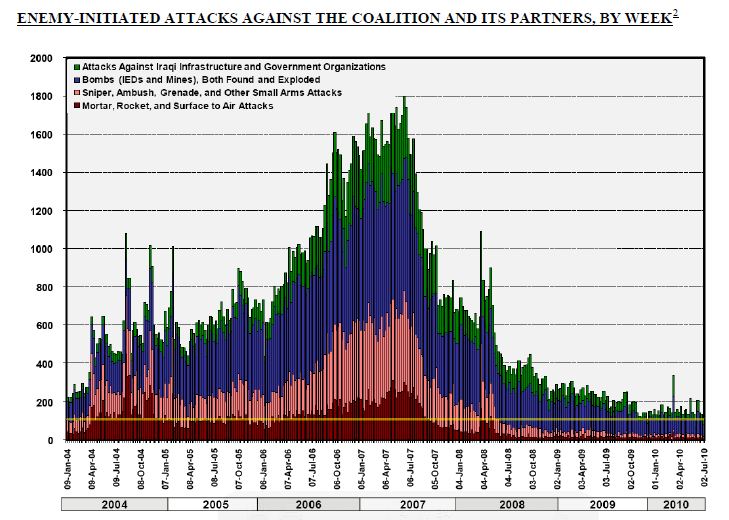FBI Counterterrorism Agent Discovers How FBI National Security Investigations Work
CNN has a story based on the deposition of Frederick Humphries, the friend of Jill Kelley who first initiated the investigation into Kelley’s stalker, who turned out to be David Petraeus’ lover, Paula Broadwell. The deposition is in Kelley’s suit against the FBI for violating her privacy.
The deposition contains accusations the FBI stalled the investigation because of the Presidential election and that Agents made derogatory comments about Kelly.
If what Humphries alleges is true, then it points to real abuse in an investigation affecting David Petraeus.
That said, Humphries — who has worked counterterrorism for years, including on the Ahmed Ressam case — expresses surprise that the FBI what they do on national security cases: collect broadly and then investigate what they’ve collected. The FBI used some of Kelley’s other emails against both Humphries and Kelley.
“The only victim is her husband because he has to pay for all the food that she goes out and eats and takes pictures of and sends to everyone,” said Kevin Eaton, the assistant special agent in charge, according to Humphries.
Kelley is often took photos of her food when she goes out to eat and sends them to her friends, a source close to Kelley said.
It was a comment that “shocked and surprised” Humphries since it revealed that the FBI was looking at Kelley’s e-mails beyond the ones relevant to the cyberstalking, contrary to Kelley’s explicit instruction.
[snip]
In September 2012 Ibison “summoned” Humphries to a meeting and asked him “whether there was anything in my communications with Jill Kelley for which I would be embarrassed,” he testified.
“No,” Humphries said, and Ibison “threw a bunch of pictures at me and files of my e-mails to Jill Kelley.”
“Well, I told the director that and he just shoved these up my ass,” Ibison said, according to Humphries, “and he tossed the pictures at me.”
I’m in no way saying this is right. It’s not. It’s a privacy violation and it shows how easy FBI can use its deep digs of information to abuse power.
But the FBI is explicit that once it has legally collected information, it can access that information without evidence of a crime.
And Humphries himself makes it clear that the FBI treated this as a cybersecurity investigation, investigations which (if anything) overcollect even more than counterterrorism cases.
Jill Kelley reached out to Humphries, an FBI Agent whom she and her husband knew socially.
“She explained that Gen. Allen had received an odd e-mail,” Humphries testified, noting that “whoever sent these e-mails is either in close physical proximity or has penetrated the cyber security of these folks to include the director of the Central Intelligence Agency, Director Petraeus, and I was worried and concerned for his safety, the safety of the generals.”
Humphries thought the emails “ominous” and contacted Special Agent Adam Malone of the Tampa Cyber Squad.
“We had already reached the threshold on the cyber or physical security of senior government leadership and possible their email,” he said.
Again, I absolutely agree with Humphries that FBI’s focus on Kelley and them him was wrong. But it’s wrong whether it’s someone who is two degrees of separation from an Imam of interest or a socialite in Tampa Bay who makes trouble for David Petraeus.
And, of course, such potential violations will only get more widespread if Congress passes CISA, which would permit the sharing of cyber-investigation information broadly across the government.



